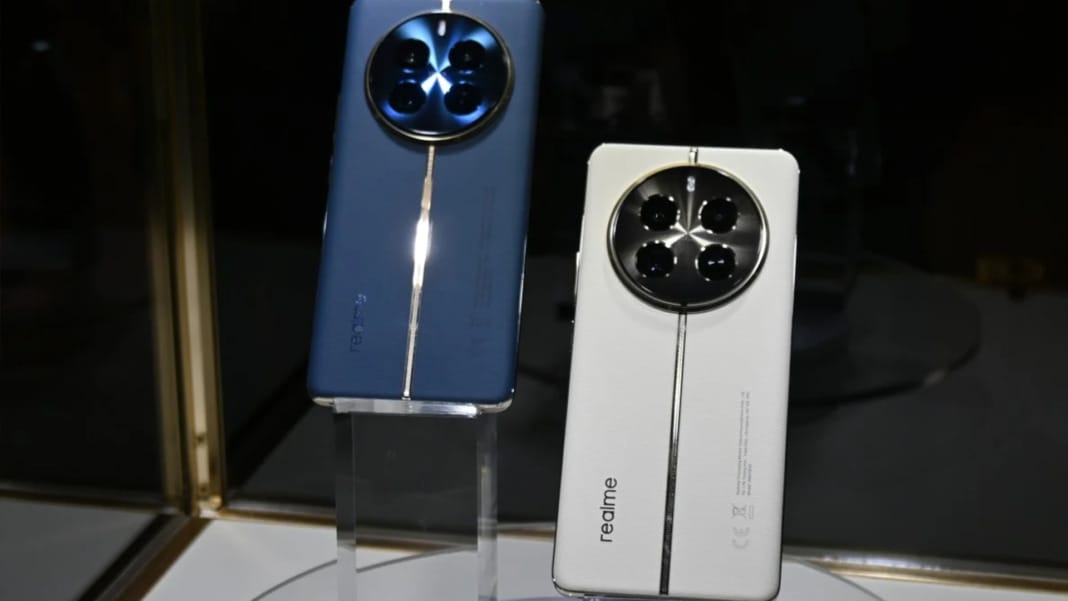In a significant advancement for early cancer detection, researchers at the Massachusetts Institute of Technology (MIT) have developed two artificial intelligence (AI) models capable of identifying pancreatic cancer more effectively than current methods. Operating under MIT’s Computer Science and Artificial Intelligence Laboratory (CSAIL), these models form the PRISM neural network, focusing specifically on pancreatic ductal adenocarcinoma (PDAC), the most common type of pancreatic cancer.
PRISM’s enhanced diagnostic capability
The traditional methods of PDAC screening identify about 10 per cent of cases. However, PRISM has remarkably improved, successfully identifying PDAC in 35 per cent of cases. This leap in detection rates is a noteworthy achievement in medical diagnostics.
PRISM’s development is unique because it uses a vast array of electronic health records from various US health institutions. The AI was trained on data from over five million patient records, a scale of information unprecedented in this research area. According to Kai Jia, a senior author of the paper and PhD candidate at MIT CSAIL, “The model uses routine clinical and lab data to make its predictions, and the diversity of the US population is a significant advancement over other PDAC models.”
The journey and motivation behind PRISM
The project began over six years ago, driven by the reality that approximately 80 per cent of pancreatic cancer patients are diagnosed at advanced stages. By analysing patient demographics, previous diagnoses, medication history, and lab results, PRISM aims to predict cancer probability. This comprehensive approach to data analysis enables the AI to assess risk factors and patient age.
PRISM’s use is limited to MIT labs and select US patients. The challenge lies in scaling the AI to handle more diverse data sets, potentially including global health profiles, to make it widely accessible.
Broader impact and future of AI in cancer detection
MIT’s venture into AI-assisted cancer detection isn’t new. The institution previously developed AI models for predicting breast cancer risk using mammogram records. These projects underscore the importance of diverse data sets for enhancing AI’s diagnostic accuracy across various races and populations.
The development of AI models like PRISM is set to revolutionise cancer diagnostics. Early detection could significantly improve patient outcomes and reduce the burden on medical professionals. With tech giants like IBM showing interest in AI for cancer prediction, the future of diagnostics looks set to undergo a transformative shift.





